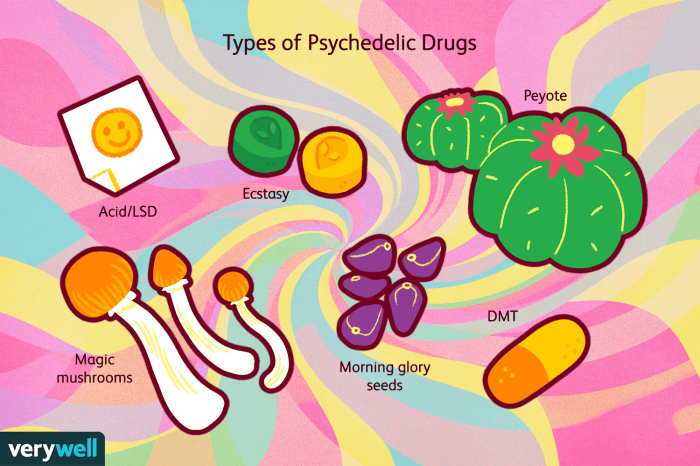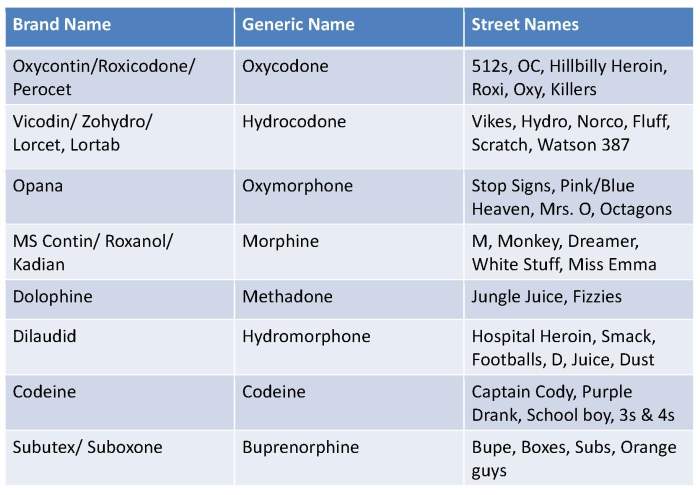Stomach emptying is affected by all of the following except: a critical inquiry that unveils the intricacies of gastric function. This exploration delves into the multifaceted process of stomach emptying, meticulously examining the diverse factors that govern its rate and efficiency.
Amidst this comprehensive analysis, a solitary exception emerges, defying the established norms and inviting a deeper understanding of the digestive system’s complexities.
Factors such as meal composition, gastric pH, and hormonal regulation exert a profound influence on stomach emptying. However, one factor stands apart, exhibiting a unique and counterintuitive relationship with this crucial physiological process.
Overview of Stomach Emptying

Stomach emptying refers to the process by which partially digested food, known as chyme, is propelled from the stomach into the small intestine. This process is crucial for proper digestion and nutrient absorption. Stomach emptying is influenced by various factors, including the type and volume of food, hormonal signals, and gastric motility.
Factors Affecting Stomach Emptying, Stomach emptying is affected by all of the following except
- Type of Food: The composition of food, particularly its macronutrient content (proteins, carbohydrates, and fats), affects the rate of stomach emptying. Foods high in fat and protein tend to empty more slowly compared to carbohydrates.
- Volume of Food: The volume of food consumed influences stomach emptying. Larger volumes of food take longer to empty from the stomach than smaller volumes.
- Hormonal Signals: Hormones, such as gastrin and cholecystokinin (CCK), play a significant role in regulating stomach emptying. Gastrin stimulates gastric motility, while CCK inhibits gastric emptying.
- Gastric Motility: The contractions of the stomach muscles, known as gastric motility, propel chyme towards the small intestine. Impaired gastric motility can delay stomach emptying.
Exceptions to Factors Affecting Stomach Emptying

While the factors mentioned above generally influence stomach emptying, there is one notable exception:
Sympathetic Nervous System Activity
The sympathetic nervous system, which is responsible for the body’s “fight or flight” response, does not affect stomach emptying. During sympathetic activation, the body redirects resources towards essential functions, such as increased heart rate and blood pressure, and away from non-essential functions, such as digestion.
Therefore, stomach emptying is not influenced by sympathetic nervous system activity.
Implications of the Exceptional Factor

The exceptional nature of sympathetic nervous system activity in stomach emptying has important implications:
- Understanding the differential effects of the sympathetic nervous system on gastric function is crucial for developing treatments for gastrointestinal disorders, such as gastroparesis, which is characterized by delayed stomach emptying.
- This knowledge can guide the development of interventions that selectively target the factors that influence stomach emptying, without affecting the sympathetic nervous system’s essential functions.
Frequently Asked Questions: Stomach Emptying Is Affected By All Of The Following Except
What are the key factors that affect stomach emptying?
Meal composition, gastric pH, hormonal regulation, and physical activity are among the primary factors that influence stomach emptying.
Why is the exceptional factor unique in its relationship with stomach emptying?
The exceptional factor exhibits a distinct and counterintuitive relationship with stomach emptying, unlike the other factors that exert a direct influence on its rate and efficiency.
What are the implications of understanding the exceptional factor in stomach emptying?
Comprehending the exceptional factor’s role in stomach emptying provides valuable insights into the digestive system’s adaptability and resilience, informing the development of novel treatments and interventions for gastrointestinal disorders.